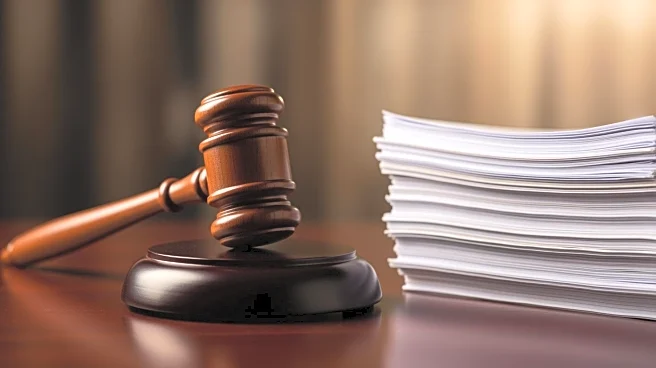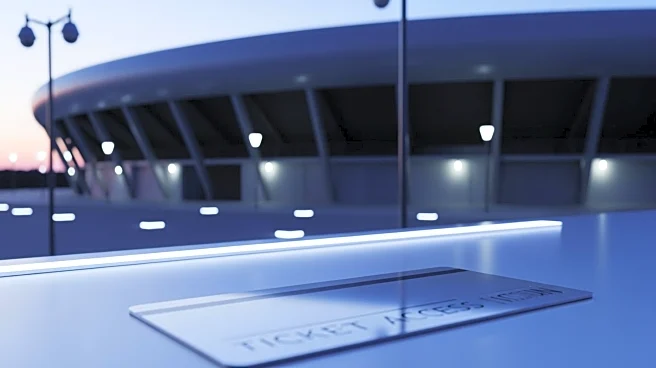What's Happening?
Bachir Edkhil, a former co-founder of the Polisario Front, has raised significant questions regarding the self-determination claims in Western Sahara. In an interview, Edkhil challenged the narrative of the separatist
movement, questioning who truly holds the right to determine the future of Western Sahara. He highlighted the historical context of self-determination, which stems from a 1960 resolution allowing populations under colonial control to express their opinion. Edkhil criticized the Polisario for rejecting a proposal from King Hassan II in 1981, which suggested a referendum for the population originally under Spanish colonial control. He also contested the movement's claim to represent the Sahrawi people, pointing to UN census data showing that 71% of the Sahrawi population lives in cities like Laayoune, Smara, and Dakhla, participating in Moroccan political parties and governance. Edkhil argued that the real parties involved in the conflict are Algeria and Morocco, not the Polisario.
Why It's Important?
The debate over self-determination in Western Sahara has significant implications for regional stability and international relations. Edkhil's challenge to the Polisario's claims could influence perceptions of the conflict and the legitimacy of the parties involved. The issue affects the Sahrawi people's rights and their representation in political processes. The broader geopolitical dynamics between Morocco and Algeria are also at play, with potential impacts on diplomatic relations and regional cooperation. The autonomy plan proposed by Morocco, which Edkhil supports, offers a potential path forward, but it requires acceptance and negotiation among all parties. The resolution of this conflict could lead to improved governance and development opportunities for the Sahrawi people.
What's Next?
The adoption of UN Security Council Resolution 2797 calls for a final resolution to the dispute, acknowledging the conflict between Morocco and Algeria. Edkhil believes that the autonomy plan offers the most practical solution, given the changed political and demographic landscape since the 1970s. The next steps involve negotiations and potential acceptance of the autonomy plan by the involved parties. The resolution of the conflict could lead to increased political stability and economic development in the region. However, the path forward requires overcoming historical grievances and building consensus among stakeholders.
Beyond the Headlines
The self-determination debate in Western Sahara raises ethical and legal questions about representation and the rights of indigenous populations. The conflict has cultural dimensions, affecting the identity and heritage of the Sahrawi people. Long-term shifts could include changes in governance structures and increased integration of Sahrawis into Moroccan political and social systems. The resolution of the conflict could also influence broader international norms regarding self-determination and autonomy.










